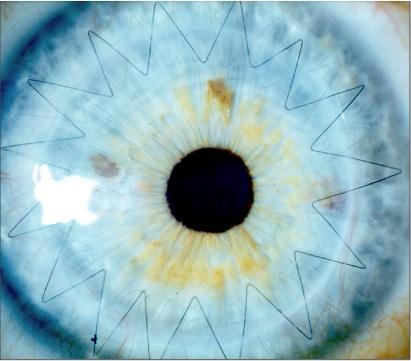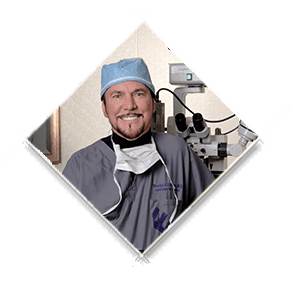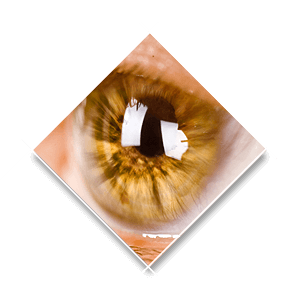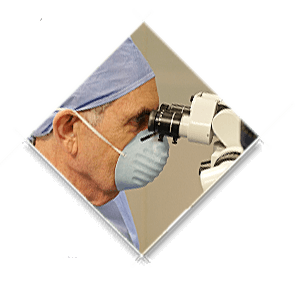 The cornea of your eye is a transparent cover that refracts light from the outside back into the retina, focusing it so it can be translated into an image and transmitted via the optical nerve to the brain. A healthy cornea will be perfectly clear, allowing light to be refracted in a focused way onto the retina. If it’s damaged, the image that is sent to the retina will be distorted, causing vision problems. In addition, the cornea is the outermost layer so it protects the eye from dust, water, and bacteria into the rest of the eye.
The cornea of your eye is a transparent cover that refracts light from the outside back into the retina, focusing it so it can be translated into an image and transmitted via the optical nerve to the brain. A healthy cornea will be perfectly clear, allowing light to be refracted in a focused way onto the retina. If it’s damaged, the image that is sent to the retina will be distorted, causing vision problems. In addition, the cornea is the outermost layer so it protects the eye from dust, water, and bacteria into the rest of the eye.
If your cornea is damaged and you are unable to correct the problem with other surgical procedures, you may be a candidate for a cornea transplant.
Full Thickness Cornea Transplants
A cornea transplant is a procedure to replace all or part of your cornea with tissue from a donor (full thickness transplants replace the entire cornea, other procedures replace only part of it). The purpose of this surgery is to relieve pain in cases where the patient has cornea disease, or restore vision following damage or injury to the cornea.
The most common reasons patients come in for cornea transplant include:
- Keratoconus (bulging cornea)
- Thinning cornea
- Scarring in the cornea, caused by injury
- Clouded cornea
- Swollen cornea
- Corneal ulcers (most often caused by disease or infection)
- Eye surgery complications
The surgery, also called keratoplasty, is a simple outpatient procedure, with a local anesthetic for your eye and a sedative, although you will be awake for the entire procedure. Your cornea will be cut and removed with a tiny cookie-cutter-like device and a donor cornea, cut to fit your eye, is implanted.
The biggest risk most patients face is rejection of the donor cornea. If you experience symptoms of rejection, it may require a second cornea transplant or other treatment.
If your cornea is diseased, damaged, or injured, come to Vision Quest in Dallas and Greenville today for a thorough eye exam and appointment to find out how our experienced eye care professionals can help.












